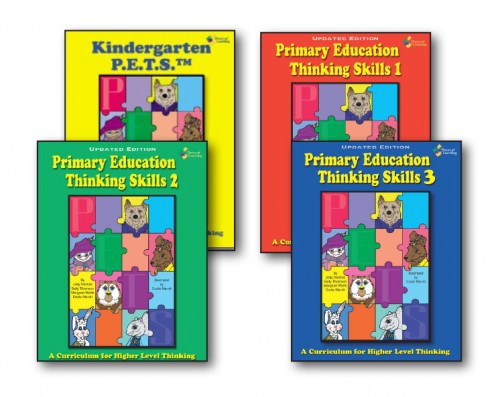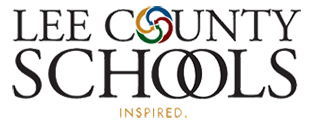AIG and Advanced Learning in Grades K-2
Early Entrance to Kindergarten
The NC Board of Education maintains a state policy regarding early entrance to kindergarten (NC State BOE Policy KNEC-001). Parents should consult with their child’s pediatrician to receive a referral to a licensed psychologist who may administer the necessary aptitude, intelligence, and/or achievement tests. The school district does not provide this testing to families, and the school district does not provide referrals to specific licensed psychologists. Parents with additional questions not addressed by the state policy may contact the Principal at their child's future school or the AIG Coordinator for Elementary Schools at Central Office.
Early Entrance to 1st Grade
Based on North Carolina General Statute § 115C-364, Section C, a principal is able to decide whether it may be more appropriate for a student to initially enter school in the first grade, as opposed to kindergarten. Interested families should first contact the school principal, and principals may consult with the school AIG Specialist and/or the AIG Coordinator in making the determination for placement.
K-2 Teacher's Observation of Potential in Students (TOPS) Portfolio
Teachers use U-STARS~PLUS TOPS Folders as a tool to help systematically observe and recognize children who have outstanding potential and who may be gifted. TOPS Folders engage teachers to make intentional and purposeful observations so that those observations can be used to provide more effective instruction and focus on individual strengths, thus reinforcing the “at-potential” mindset. TOPS Folders are organized around nine domains:
learns easily
shows advanced skills
displays curiosity and creativity
has strong interests
shows advanced reasoning and problem solving
displays spatial abilities
shows motivation
shows social perceptiveness
displays leadership
K-2 Primary Education Thinking Skills (PETS)
PETS™ (Primary Education Thinking Skills) is a systematized enrichment and diagnostic thinking skills program. Lessons are presented in convergent analysis, divergent synthesis, visual/spatial thinking, and evaluation, suitable for grades K-3. The program aligns to the higher levels of Bloom's Taxonomy.
PETS™ 1, the red book, introduces the six thinking specialists of Crystal Pond Woods:
Dudley the Detective, the convergent/deductive thinker
Isabel the Inventor, the divergent/inventive thinker
Sybil the Scientist, the convergent/analytical thinker
Yolanda the Yarnspinner, the divergent/creative thinker
Max the Magician, the visual/spatial thinker
Jordan the Judge, the evaluative thinker
Included in the 24 lessons are encounters with the animal characters who are engaged in problem-solving scenarios calling for their types of thinking -- four lessons involving each character (two whole class lessons to help identify talented learners with accompanying reproducible activities, and two small group lessons for identified students and accompanying reproducible activities).

Additional Services or Opportunities for Grades K-3:
Whole class visual arts and music education are offered at each elementary school; theater arts and dance are offered at W.B. Wicker Elementary.
Differentiated curriculum (reading and math) in the regular classroom as needed.
Students identified as gifted are served with a combination of pull-out, co-teaching, or push-in depending on the area(s) of identification and needs of the student.
Specialists train teachers on completing the Checklist of Gifted Behaviors and anecdotal artifacts.
